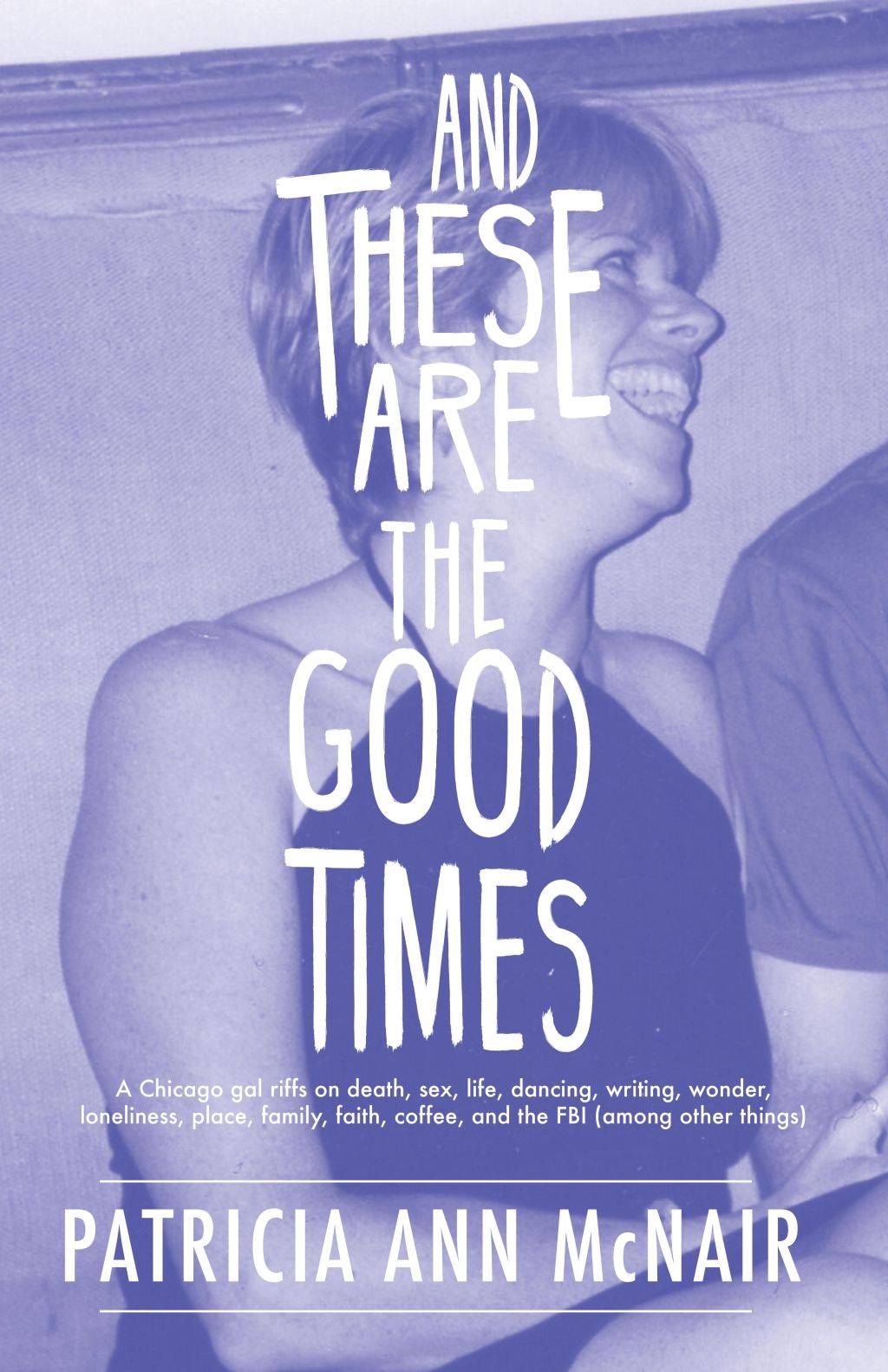Words on the Paper of Skin
My Body
My body is a palimpsest:
you cannot read her writing.
He will be unable to read yours.
I confess that when I first wrote this poem, I was thinking about lovers. About the way those we love leave their marks on us — on our skin, our mouths, our hearts — and the way those marks fade but do not disappear as time passes and love fades and may or may not disappear.
The more I sat with the image, though, the more I realized my body is covered in the words of so many others — friends I’ve cared for, enemies I’ve cursed, strangers who loitered long enough to leave traces. Some were written in indelible ink, others with a lighter touch, but my hide has been dried under tension, and washing with milk and oat bran will never get this parchment completely clean.
In the right light, I can read it all.
On my feet I see action words, reminders that I can wait or run, stand or fall. My knees say please and up my thighs are lines of lyrics (or are they limericks?). Across my belly sits the word empty. No matter how hard I scrub it with pumice, the curves and tails of those letters remain. My chest bears remnants of an animal’s fear and a surgeon’s signature, and the writing on my breasts, well, that I choose not to share with you.
My back is covered with what looks like court stenographers’ notes — each scribble symbolizing my exact whereabouts on the dates in question and the precise lengths of each of my sentences. Over my shoulders are my first doctor’s orders: the pain will never go away. Twenty years later, a different doctor drew a line through his diagnosis, but she did not rewrite it. The pain is still there under the skin — all she did was take away its name. The marks on my throat are my music teacher’s words. They’re too blurry now to read, but I know they are the reason I only sing when I’m alone.
Every day my face reveals more lines. There are jokes around my mouth and riddles on my forehead. Farewells trail from the corners of my eyes. Along my limbal rings are the details of my birth, and deep in one pupil, there’s a no, in the other, a yes. My scalp says fuck you. I occasionally clip my hair to let those words get some air.
My hands are a bit different. They’re my manuscript. They are the one place on my person I’ve never let someone else’s pen tip touch. They are scarred by my words alone. My wrist says try.
In the mirror, I see my story. Like Jorge Luis Borges’s Book of Sand, it is without beginning or end, impossible, and terribly infinite. Perhaps there is some beauty there, too.
__________________________________
I grew up believing that there was a distinct line separating the body and the mind. The body was the physical — the domain of science, a subject I was never very interested in. I had nothing against science; I trusted it and was frequently amazed by it. In terms of interest, though . . . no.
I was more into the mind: the mental, emotional, intellectual. The mind was my passion — I loved learning and teaching, discussing and arguing, reading and writing. I wrote about my thoughts and emotions and made up characters with their own thoughts and emotions. In this realm, there could be pleasure or pain, ecstasy or anguish. If a feeling was confusing or a thought distressing, with my pen in hand, I believed I could make it better. The consequences of this were both comfort and power. I wrote what I thought I could never say. I wrote what I thought no one would know until they’d read what I’d written.

As I’ve grown older, though, I realize the errors of my thinking. The body and the mind are not separate. What goes on in one goes on in the other. Every thought I’ve ever had lives in my bloodstream and my brain, my memories in my muscles and my mind.
This concept might be stupidly obvious to others, but to me, it was an epiphany. This body was not just a thing I lugged around each day; it had meaning. Or rather, meanings — different parts meant different things in different contexts, like page-long entries in a dictionary, like feelings that feel good and also bad. I thought I’d been writing my life on paper in poetry, but I’d also been doing it on my skin and in my bones.
Of course, this means sometimes that I am weary. Depression makes a mind muddled and a body heavy. I can no longer pretend that one’s all right when the other one is clearly not. However, it also means that my bibliography is longer and more varied than I’d previously thought. It appears I’m quite prolific.
Because my body is a palimpsest. It is tattooed with others’ words as well as my own, and the layers are deep and permanent. There are lines in my fingerprint, they are lines of poetry. All that writing will tell you who I am.

 Today we are excited to announce that past contributor Douglas Light will be releasing his latest novel
Today we are excited to announce that past contributor Douglas Light will be releasing his latest novel 
 Today we are excited to announce that past contributor George Saunders has won the 2017 Man Booker Prize. George won the Man Booker Prize for his first full-length novel, Lincoln in the Bardo, a book based on the night Abraham Lincoln buried his 11-year-old son Willie in a Washington cemetery. Purchase your own copy by clicking
Today we are excited to announce that past contributor George Saunders has won the 2017 Man Booker Prize. George won the Man Booker Prize for his first full-length novel, Lincoln in the Bardo, a book based on the night Abraham Lincoln buried his 11-year-old son Willie in a Washington cemetery. Purchase your own copy by clicking 


 Hello everyone! Today we are excited to share that past contributor Patricia Ann McNair has a new book out titled And These Are The Good Times, a collection of essays which include a couple of pieces Patricia wrote for our very own blog.
Hello everyone! Today we are excited to share that past contributor Patricia Ann McNair has a new book out titled And These Are The Good Times, a collection of essays which include a couple of pieces Patricia wrote for our very own blog. Today we are pleased to feature author Amber Gross as our Authors Talk series contributor. She speaks about the similarities between writing and acting. Experience and emotion and how they manifest in concrete ways lend themselves to both in her craft.
Today we are pleased to feature author Amber Gross as our Authors Talk series contributor. She speaks about the similarities between writing and acting. Experience and emotion and how they manifest in concrete ways lend themselves to both in her craft.